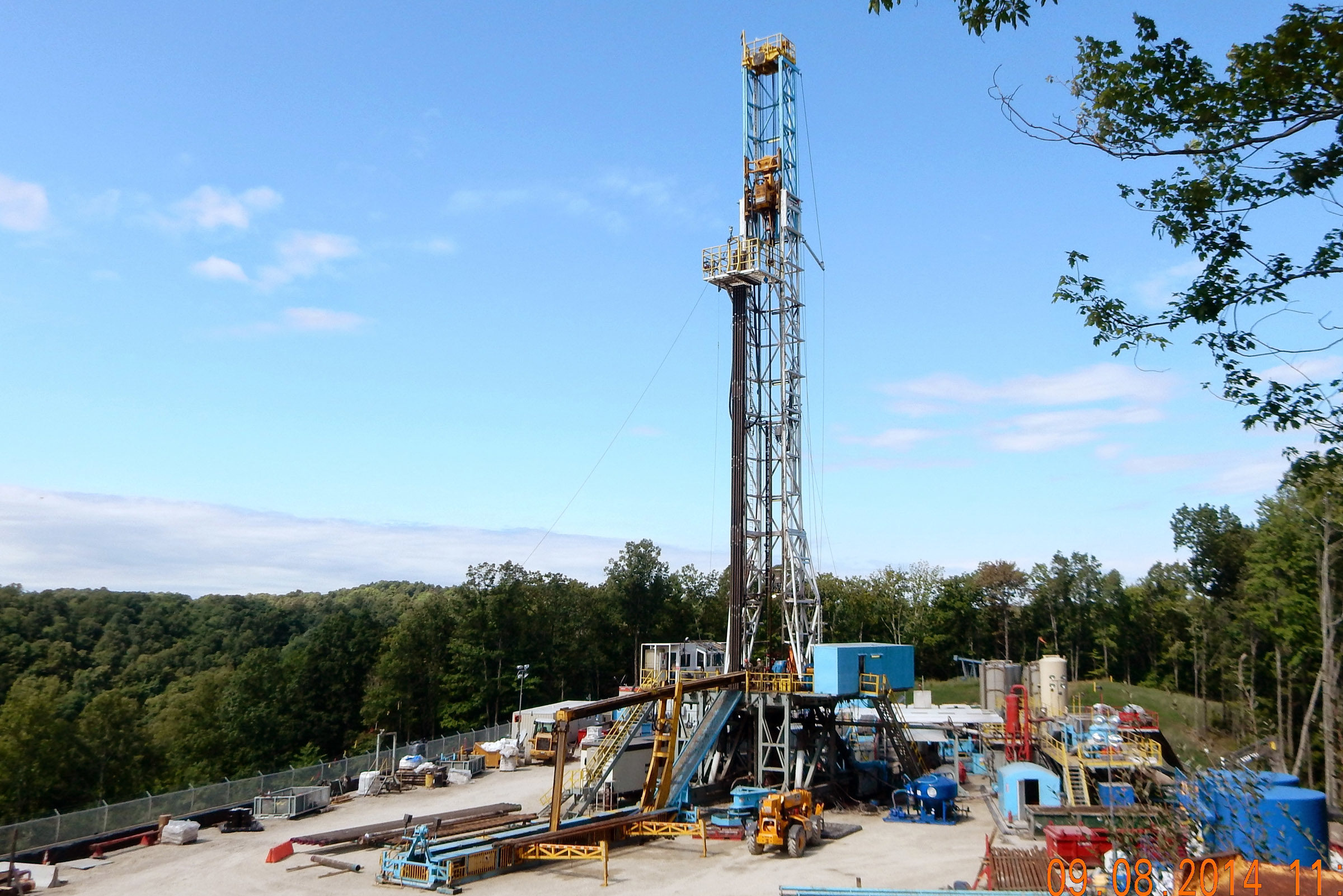Researchers Hope to Develop New Methods for Treating Fracking Wastewater
Researchers at West Virginia University and the University of Kansas have announced a joint effort to study the impacts that the natural gas industry’s wastewater has on lakes, rivers and streams.
“You have three classes of potential contaminants: salts, organic compounds and some amount of radioactivity—mainly in the form of radium,” says Paul Ziemkiewicz, director of West Virginia’s Water Research Institute.
He says management of wastewater—known in the industry as “produced water”—is a growing concern. The Department of Energy estimates the industry is responsible for 20 billion barrels of produced water annually.
“A lot of the produced water that was generated over the first wave of Marcellus development was largely being consumed in new well completions,” Ziemkiewicz says. “And with the drop in gas prices, well completions have gone down, and therefore we have this extra water accumulating. We need to find a way to dispose of it, treat it or something else.”
The project is funded by a $4 million grant from the National Science Foundation. Ziemkiewicz says the team also hopes to develop new safe handling and treatment practices, and to develop ways to avoid earthquakes when disposing of wastewater in underground injection wells.
Reporting by Glynis Board / West Virginia Public Broadcasting
Pennsylvania Lawmakers Earn Failing Grades on the Environment
A group of environmental advocacy organizations released its latest legislative scorecard on Wednesday, and many Pennsylvania lawmakers weren’t exactly hitting it out of the park on environmental issues.
The report from Conservation Voters of Pennsylvania, PennEnvironment, the Sierra Club and Clean Water Action tracks how legislators in Pennsylvania’s House and Senate voted on issues like fracking, climate change and private development on public land during the current legislative session. Clean Water Action’s Steve Hvozdovich says particularly notable was legislation which delays action on climate change by postponing the state’s efforts to comply with the federal Clean Power Plan.
“I think what’s most shocking about these ongoing efforts is how counter they run to the interests that have been expressed by Pennsylvanians across the state on these issues,” Hvozdovich says. He says polls show 60 percent of Pennsylvanians describe climate change as a serious problem.
Though 42 lawmakers were classified as “Environmental Champions,” the report card indicates they are in the minority when it comes to voting to protect the environment. In fact, Conservation Voters of Pennsylvania’s Josh McNeil says legislators didn’t have a whole lot of positive environmental bills to vote for.
“There’s no opportunity to vote for clean energy. There’s no opportunity to vote for clean water. Everything was an attack,” McNeil says.
McNeil blames the Republican leadership in the house and senate and the influence of the oil and gas industry. Overall, legislators representing the Philadelphia and Pittsburgh areas received higher scores than their colleagues from the center of the state.
Reporting by Kara Holsopple

